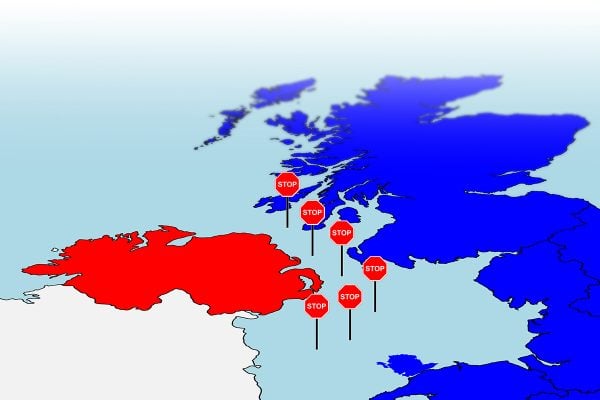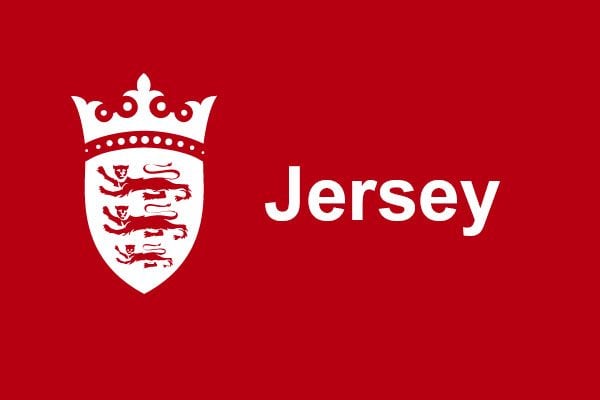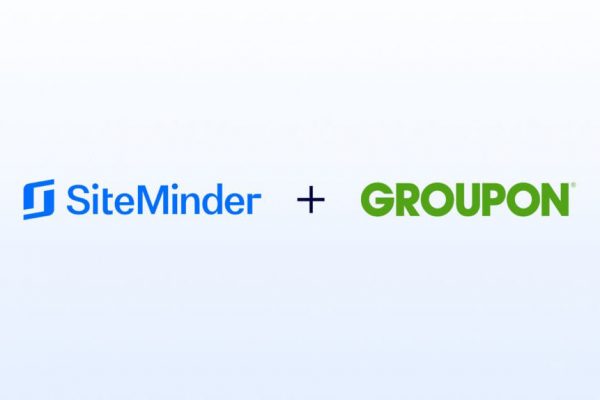 Today, Patrick Möller, Content Creator at hellotax takes at look at the new One Stop Shop (OSS) for EU VAT and examines how the Import One Stop Shop (IOSS) is going to be really important for retailers based outside the EU including the UK:
Today, Patrick Möller, Content Creator at hellotax takes at look at the new One Stop Shop (OSS) for EU VAT and examines how the Import One Stop Shop (IOSS) is going to be really important for retailers based outside the EU including the UK:
What Is the New One Stop Shop?
On the 1st of July 2021, the biggest European VAT reform will be launched. One of the most important changes is the new One Stop Shop EU VAT return. But what does this mean for online sellers and how will the new rules impact how you do business? In this article, we will explain the ideas behind One Stop Shop (OSS) as well as the consequences for online sellers.
The Idea behind the New One Stop Shop Concept
Up until now, you had to register in each EU country for VAT filings if you were doing cross-border B2C trade to customers in this country. This also meant that you had to comply with different VAT regulations in each country that you were registered in. But now, the Mini One Stop Shop (MOSS) scheme will be extended to all B2C services in EU member states where the seller does not store goods.
MOSS was introduced for telecommunications, broadcasting and electronic (TBE) services in 2015 and made it possible to only register and file VAT in the member state where the business is based. By extending the MOSS to online sellers, VAT processes are being simplified.
What Are the One Stop Shop VAT Regulations?
The most important change is that with One Stop Shop (OSS), you only have to register in EU countries where your business is located or where you store your goods. In addition to that, VAT thresholds that up until now varied between countries have been replaced by one VAT threshold for all countries. The new EU-wide VAT threshold is set at 10,000€. This VAT threshold only applies to online sellers with a single-country storage.
The consequence of the new VAT threshold will be that many online sellers might now have to pay taxes who before were below the threshold in some countries. But because the new threshold is for all EU countries combined, it is much easier to reach that limit.
OSS reports have to be transmitted quarterly to the local authority in the country where the seller is located.
IOSS
And then there is the IOSS, the Import One Stop Shop. The current regulations mean that goods with a value of or below 22€ have been exempt from import VAT. This value threshold is being abolished on July 1, 2021 as well. Now, there are no VAT exemptions for imported goods from outside of the EU regardless of their value. The second important point is that when items are valued above 150€ or the buyer is located outside of the EU, VAT payment is not applicable.
The Import One Stop Shop enables the ecommerce platform or the seller to collect, declare and pay VAT instead of having the customer pay it upon delivery.
When Do I Have to Use OSS?
First, we should note that it is not obligatory to register for OSS at the moment. So if you do not want to make the switch to One Stop Shop, you can continue filing for VAT in each country individually. But before making that decision, you should thoroughly inform yourself about the changes with OSS to see if you would benefit from making the change or continuing to make multiple VAT filings.
Second, we also want to cover the scenarios in which OSS will not apply. The first scenario where OSS does not apply is when you store goods in other countries, even if you store goods through Amazon or other online commerce platforms. The second scenario would be B2B transactions. Finally, domestic B2C transactions where the delivery does not come from another country are also not covered by OSS.
IOSS is also not mandatory. However, sellers who decide to let the customer pay the fees upon delivery, especially in the transition period when customers might not be aware of the recent changes, might face criticism.
What Are the Advantages of OSS?
The new One Stop Shop offers great advantages for distance selling, that means for sellers who store their goods in one country only and ship them to multiple countries within the EU. Their VAT filings are significantly simplified. Online sellers who use Amazon Fulfillment or similar services can use OSS as well, but might still have to deal with individual tax regulations in the countries where they store their goods.
Because OSS does not apply in all circumstances, sellers who store their goods in some countries, but also ship to countries where they do not have a separate storage, could benefit from using OSS for these instances. It could however also further complicate bureaucracy and tax filings when multiple processes and regulations apply for the same seller.
OSS VAT Filings Made Easy With VAT Automation
One way to simplify your VAT filings is VAT automation. hellotax is a VAT software optimized for the needs of online sellers. Especially with the upcoming changes, using a software for VAT filings that automatically adapts to these changes can save you a lot of time and worries. For customers concerned with OSS, hellotax also offers free consultations to answer all your questions regarding the One Stop Shop.
Conclusion
With the new One Stop Shop VAT reform, some online sellers will be able to significantly simplify their VAT filings. If you decide that OSS offers benefits to you, but you are hesitant due to the time and effort to implement it, VAT automation can save you a lot of effort not just with implementation, but with all VAT filings in the future as well.








